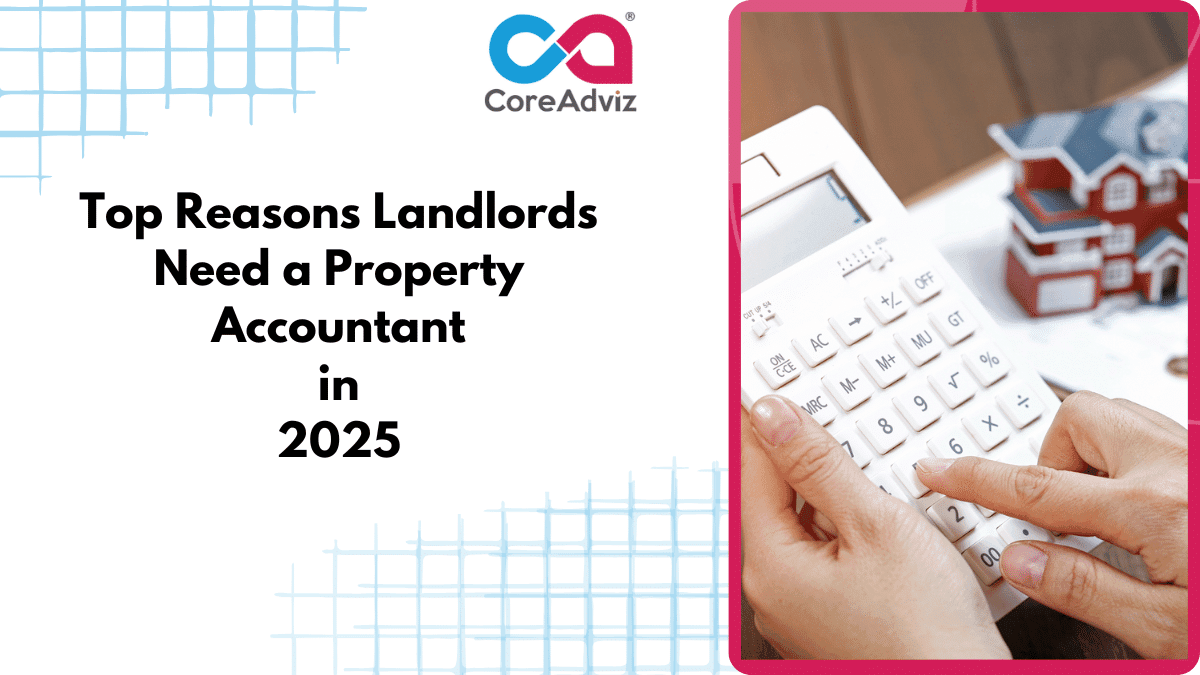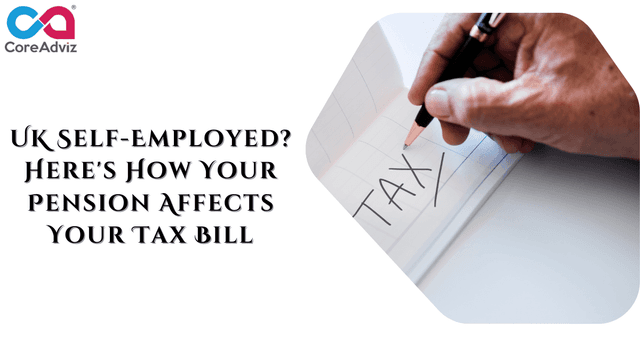
HomeBlog Top Reasons Landlords Need a Property Accountant in 2025
Top Reasons Landlords Need a Property Accountant in 2025
Kausik MukherjeeAccounting, landlord
The rental market has become dynamic in 2025. Rising interest rates, shifting tenant expectations, frequent legislative updates and the rapid digitization of financial operations have made the entire rental market more complicated. Whether you own a single buy-to-let flat or manage hundreds of units across multiple jurisdictions, keeping your books in order is no longer a side task; it’s mission-critical. That’s why landlords need to appoint an experienced accountant for keeping their records up to date and become more strategic. Here are some important points that prove why an accountant is indispensable in 2025 for buy to let landlords.
Navigating Complex—and Rapidly Changing—Tax Rules
Making Tax Digital (MTD)
After several postponements, the UK’s MTD for ITSA regime finally kicked in for landlords with gross property income over £50,000 on April 6, 2026. Quarterly digital submissions are now mandatory. It save you from HMRC penalties for late or inaccurate filings.
Implement Compliant Software
Implementations of approved cloud solutions like Xero, QuickBooks, Sage Intacct, etc. can help to automate MTD submissions.
Handles Quarterly Filings
No more last-minute scrambles, your accountant will upload figures every three months, minimizing errors and avoiding penalty points.
Optimize Allowable Expenses
From Section 24 mortgage interest relief restrictions to energy-efficiency improvements, you can claim every deduction you’re legally entitled to.
Structuring Ownership for Optimal Tax and Liability Protection
Should you hold new acquisitions personally, via an LLP, or inside a Special Purpose Vehicle (SPV) limited company? The answer depends on certain criteria those are:
- Section 24 interest restrictions
- Dividend vs. salary extraction strategies
- Inheritance-tax (IHT) planning
- Staying Ahead of Legislative Waves
Renters (Reform) Bill Implementation is expected to fully apply by Q4 2025. This bill abolishes Section 21 “no-fault” evictions, introduces a new Property Ombudsman, and requires a written tenancy agreement template. Here accountant plays an important role. He needs to calculate and disclose compensation when courts rule an eviction unlawful. Also maintaining a record for tenant-deposit liabilities on the balance sheet under the revised guidance is another responsibility for him.
Separating Personal and Portfolio Finances
Many landlords start small, funding the first buy-to-let with personal savings. Once they own three or four properties, mixing all the income and expenses in one bank account. A property accountant can set up separate companies for each property, keep each one’s finances separate, and produce clear reports that investors can easily understand.
Optimising Financing in a High-Rate Era
When interest rates jumped in 2023-24, many landlords saw their yearly mortgage bills rise by thousands. Property accountants work with mortgage brokers. They test how loans cope if rates rise again and spread loans across company branches. Profits from strong areas cover losses in weak ones. This way they protect your profit without raising rents.
Meeting ESG and Green Building Standards
Starting in 2025, many regions will require buildings to have at least a ‘C’ rating on their Energy Performance Certificate (EPC) for any new lease agreements. This minimum standard is expected to increase to a ‘B’ rating by 2030. Hiring a property accountant can resolve all these issues.
How a Property Accountant Can Help on This?
Property accountants can plan budgets for building retrofits and estimate how long it will take to recover those costs. They can also monitor carbon offset obligations, especially for corporate landlords who publish sustainability reports. They can manage all financial matters related to a property, They will respond to enquiries and provide records in formats that is generally accepted by HMRC.
Conclusion
In 2025, managing rental properties is more challenging. That’s why having a good property accountant is essential for landlords. Working with a property accountant saves time, reduces stress, and helps protect and grow investment in a changing market.


